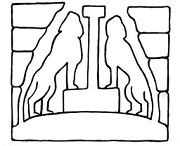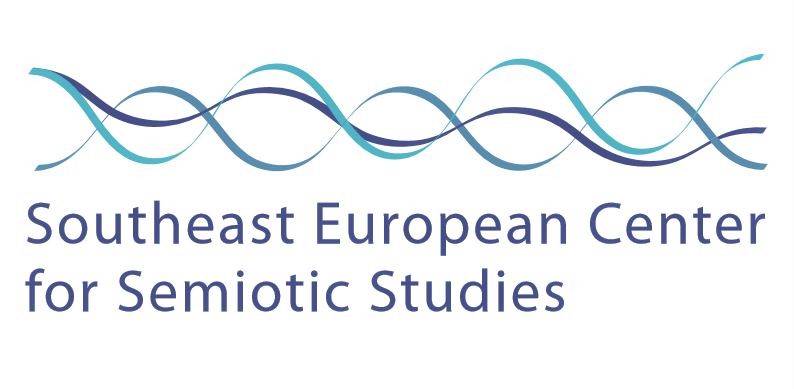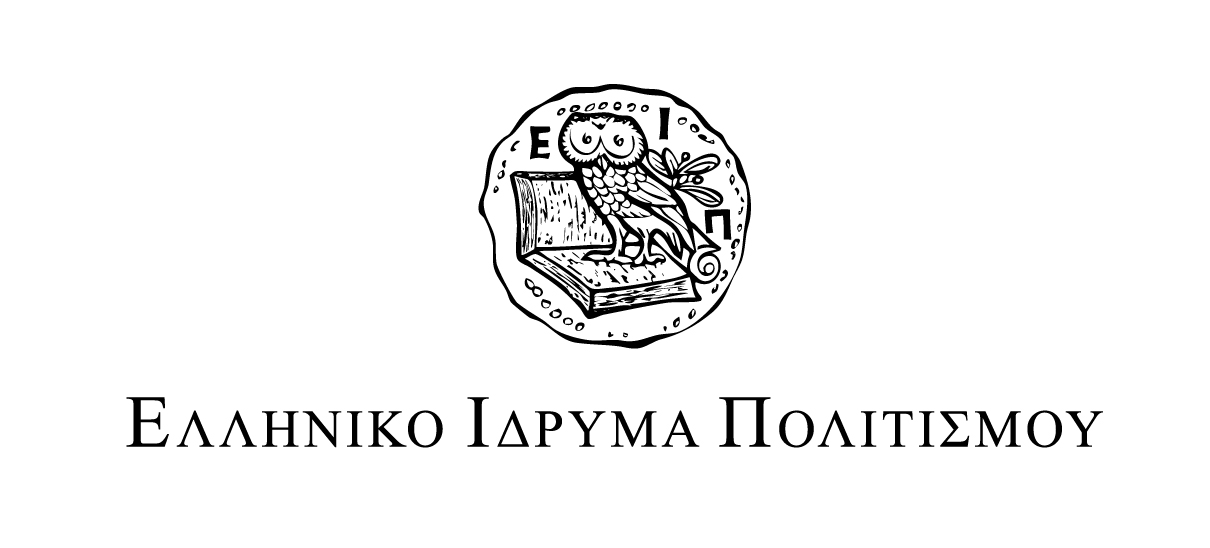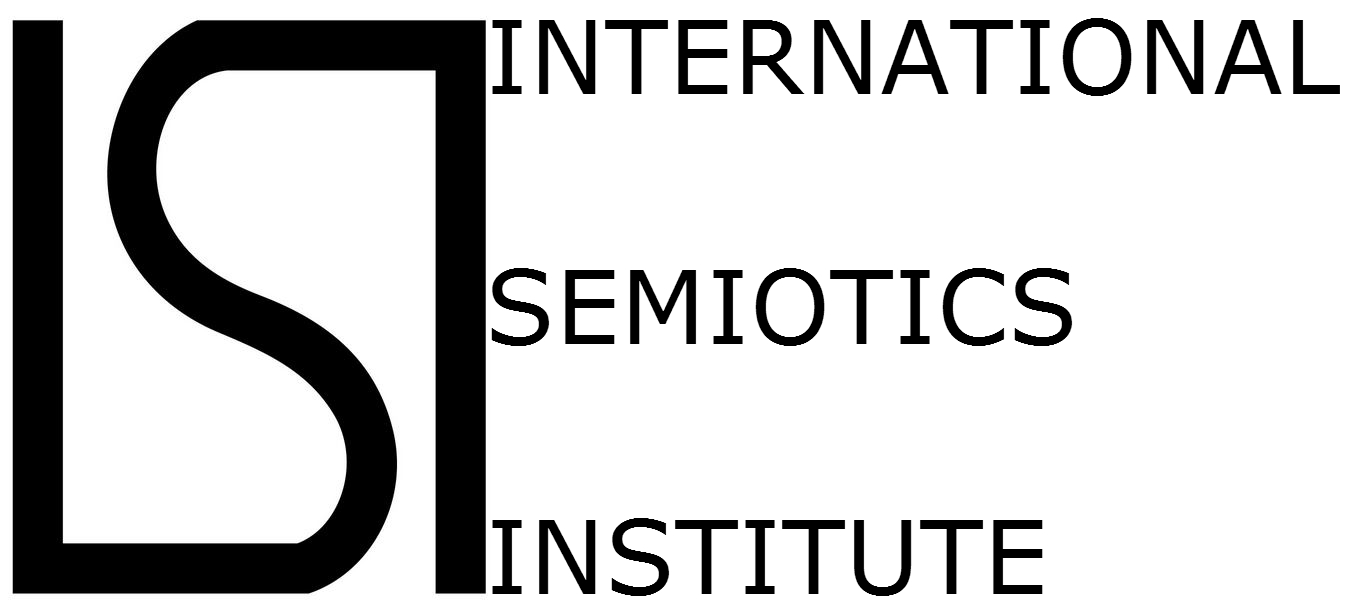ACADEMY OF CULTURAL HERITAGES / ACADÉMIE DES HERITAGES CULTURELS / Ακαδημία της Πολιτισμικής Κληρονομιάς/ KULTTUURIPERINTÖJEN AKATEMIA.
Cultural heritage
Cultural heritage is understood here both in its material and immaterial aspects, yet not only in the anthropological sense. Culture means here also the goal toward which man is aspiring, as in the Greek "Paideia". The term cultural heritage stems from this connection, but for the new Academy of Cultural Heritages, which has now been founded, it assumes a broader meaning. The purpose of the Academy is namely to foster particularly the roots of European culture starting from its beginning, the Greek ‘miracle’, i.e. the birth of philosophical culture around Plato and Aristotle, and, as its continuation, the heritage of Hellenism in Rome – without excluding non-European traditions, manifest f.ex. in the Persian and Arabic influence upon European culture. From this starting point the Academy tries to keep alive central canonic issues of European culture in philosophy, arts and culture in general.
Education
The Academy thus has two aspects: old and new. Its goal is remembering, restoring and maintaining cultural phenomena, behaviors, texts and values which are endangered by the globalized commercial market civilization expanded all over the world, or by other threats. Yet it is new in the way it realizes this goal by animating these traditions through an intellectual experience and new teaching methods in its seminars. It thus aims to become a more efficient form of education than what is often offered in more formalized institutional academic environments, particularly at a time when official policies are interested only in the direct utilization and economic profit to be made from science and art (“science must make money”).
The Academy will publish its findings i.e. proceedings from the seminars in the international series Acta semiotica fennica. Moreover it aims for giving some small grants per year to young scholars promoting its research programme.
International Advisory
Latest news
-
Jul, 5Oct, 4
Eero and Hannu 75, on the Roots of Humanism – programme
Syros Academy, Oct. 5-8, 2023, Ermoupolis, Cultural Centre, Ritsos Hall (in front of the Apollo Theatre) Chairs Eero Tarasti, Hannu Riikonen, Altti Kuusamo Assistants Paul Forsell (paul.forsell@gmail.com) & Aleksi Haukka (aleksi.haukka@helsinki.fi) Wednesday Oct 4, arrival Thursday Oct 5 14–19 Opening Music: Chopin – Polonaise in B flat major (Eila Tarasti, piano) Speeches ♦Hannu Riikonen: Tuntemani […]
Read more Eero and Hannu 75, on the Roots of Humanism – programme -
Jul, 21
Eero ja Hannu 75. Humanismin juurilla
Symposium Ermoupoliksessa, Syroksen saarella (Kykladit, Kreikka) 5.-8. lokakuuta 2023 Eero Tarasti ja Hannu Riikonen syntyivät molemmat Helsingissä 1948 virkamiesperheisiin. He oppivat tuntemaan toisensa Helsingin Normaalilyseossa, Norssissa, vuodesta 1959 vuoteen 1967. He opiskelivat koulun klassillisella linjalla pitkän latinan ja lisäksi kolme vuotta kreikkaa. Heistä tuli kummastakin wagneriaaneja nähtyään Parsifalin pitkänäperjantaina 1961. Jo 12-vuotiaana he […]
Read more Eero ja Hannu 75. Humanismin juurillaMay, 8Myths, Music and Arts – programme of the 4th Symposium of the Academy of Cultural Heritages
May 10-13, 2023 Syros, Ermoupolis, Cultural Center, Ritsos hall. chair Prof. Eero Tarasti eero.tarasti@helsinki.fi assistants: Aleksi Haukka aleksi.haukka@helsinki.fi; Lazaros Papoutsis sfinas3@gmail.com; Paul Forsell paul.forsell@gmail.com May 10, Wednesday 10-12 a.m. Sibelius, Romance, Elias Nyman, violin Opening: Eero Tarasti Philosophy and general aspects Jukka Meurman (Helsinki): Can Medicine Help artists – Myths and Realities Altti […]
Read more Myths, Music and Arts – programme of the 4th Symposium of the Academy of Cultural Heritages -
Apr, 16
4th Seminar and Symposium of the Academy of Cultural Heritages
in Ermoupolis on the island of Syros (Cyclades) , Greece on 10–13 May, 2023; chair Prof. Eero Tarasti; assistants Lazaros Papoutsis (Florina, Greece) Aleksi Haukka and Paul Forsell (Helsinki) Theme of the event: Myth, Music and Arts After four years’ pause, due to Covid-19, we reopen our traditional symposia and seminars on Syros. The seminar […]
Read more 4th Seminar and Symposium of the Academy of Cultural HeritagesSep, 12The 3rd International Encounter of the ACU – programme
The 3rd International Encounter of the Academy of Cultural Heritages (ACU) at Ermoupolis, Syros (Cyclades), Greece, Oct. 1–8, 2019 Director of the congress and Academy: Eero Tarasti; assistants Paul Forsell, Helsinki; Lazaros Papoutzis, Florina, Greece The convention consists of: ■ 15th International doctoral and postdoctoral seminar of musical semiotics (Oct. 2– 5) ■ Symposium on […]
Read more The 3rd International Encounter of the ACU – programme -
Feb, 6
Call for papers: Symposium and 3rd Seminar of the Academy of Cultural Heritages
at Hermoupolis, Syros island (Cyclades) , Greece on 1–8 October, 2019; chair Prof. Eero Tarasti; assistants Lazaros Papoutsis (Florina, Greece) and Paul Forsell (Helsinki) Symposium on “Animation of Cultural Heritages – Renewing, Performing, Preserving”, on 5–7 October; co-directors: profs. Karin Boklund-Lagopoulos, Alexandros Lagopoulos (Athens), Hannu Riikonen, Altti Kuusamo (Helsinki). Papers by participants (30 minutes); participation […]
Read more Call for papers: Symposium and 3rd Seminar of the Academy of Cultural HeritagesJan, 23Eero Tarasti: Musical Signification has started in Barcelona
Escola Superior de Música de Catalunya organized its first symposium in Barcelona on Nov. 15-17, 2018 entitled Jornades ab sentits dedicated to musical signification. The initiative came from Dr. Joan Grimalt, who is teaching at the Music School and active member of the international research project Musical Signification. This meeting was intended in the first […]
Read more Eero Tarasti: Musical Signification has started in Barcelona -
Nov, 24
Report on the 2nd Syros Seminar of the Academy of Cultural Heritages
Report on the 2nd Seminar of the Academy of Cultural Heritages at Syros, Greece, on Oct. 2-6, 2018 at Ermoupolis, Municipality, Cultural Center, Ritsos Hall and Apollo Theater; Director: Eero Tarasti; Co-directors Alexandros Lagopoulos, Karin Boklund-Lagopoulos, Demetre Yannou, Hannu Riikonen, Altti Kuusamo, and Jukka Meurman; Assistants: Lazaros Papoutsis and Paul Forsell Tuesday morning Oct […]
Read more Report on the 2nd Syros Seminar of the Academy of Cultural HeritagesSep, 242nd Syros seminar, Oct 2-6, 2018-09-17 Ermoupolis
2nd Syros seminar, Oct 2-6, 2018-09-17 Ermoupolis, Municipality, Cultural Centre, Ritsos Hall and Apollo Theatre Academy of Cultural Heritages; chair: Eero Tarasti; assistants: Lazaros Papoutsis (Florina); Paul Forsell (Helsinki) Tuesday Oct 2 Ritsos Hall 10-13 Opening. Introductory lectures by Altti Kuusamo (Turku): Approaches to Visual Semiotics Alexandros Lagopoulos (Athens): Basic Concepts of Semiotics and Culture […]
Read more 2nd Syros seminar, Oct 2-6, 2018-09-17 Ermoupolis







